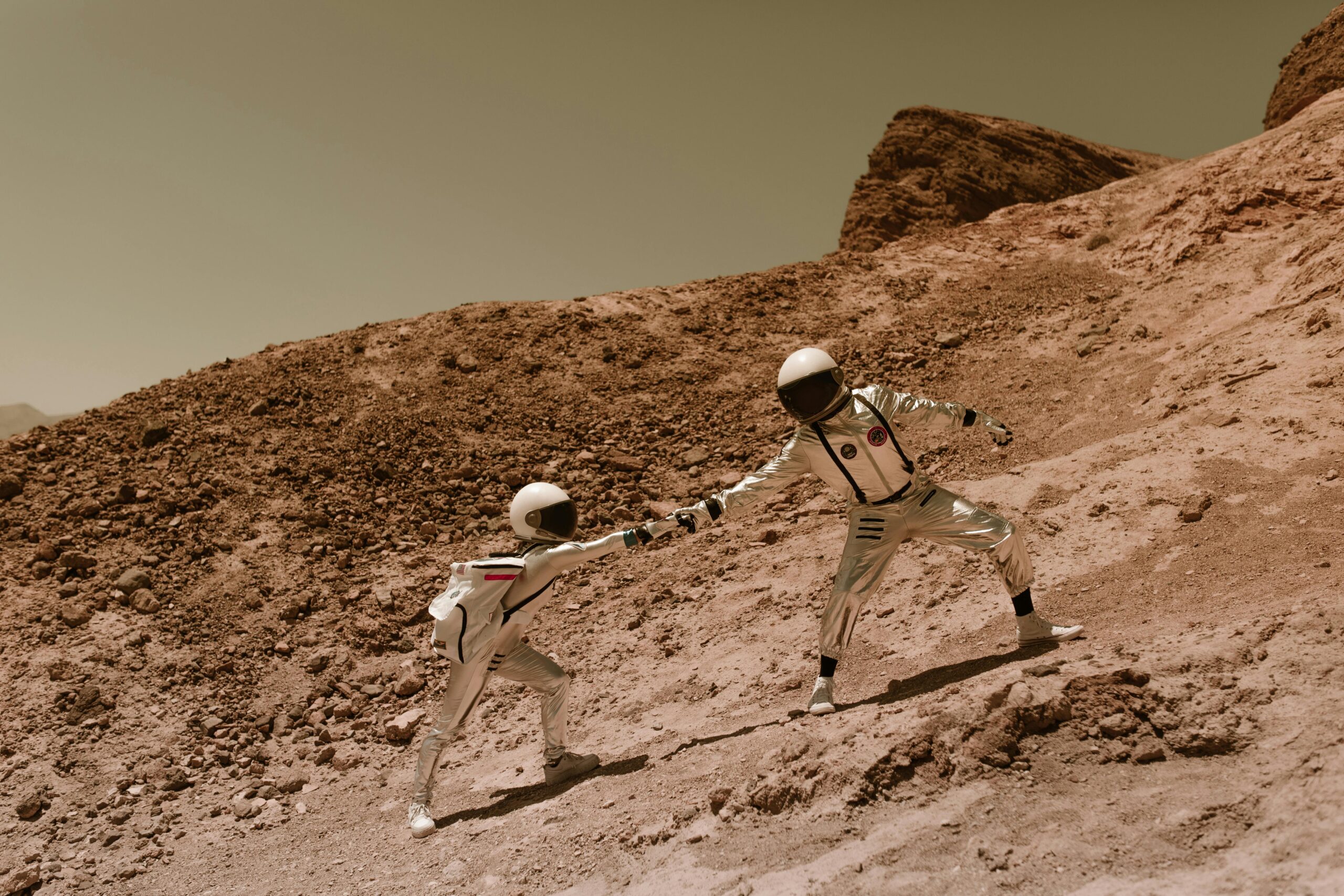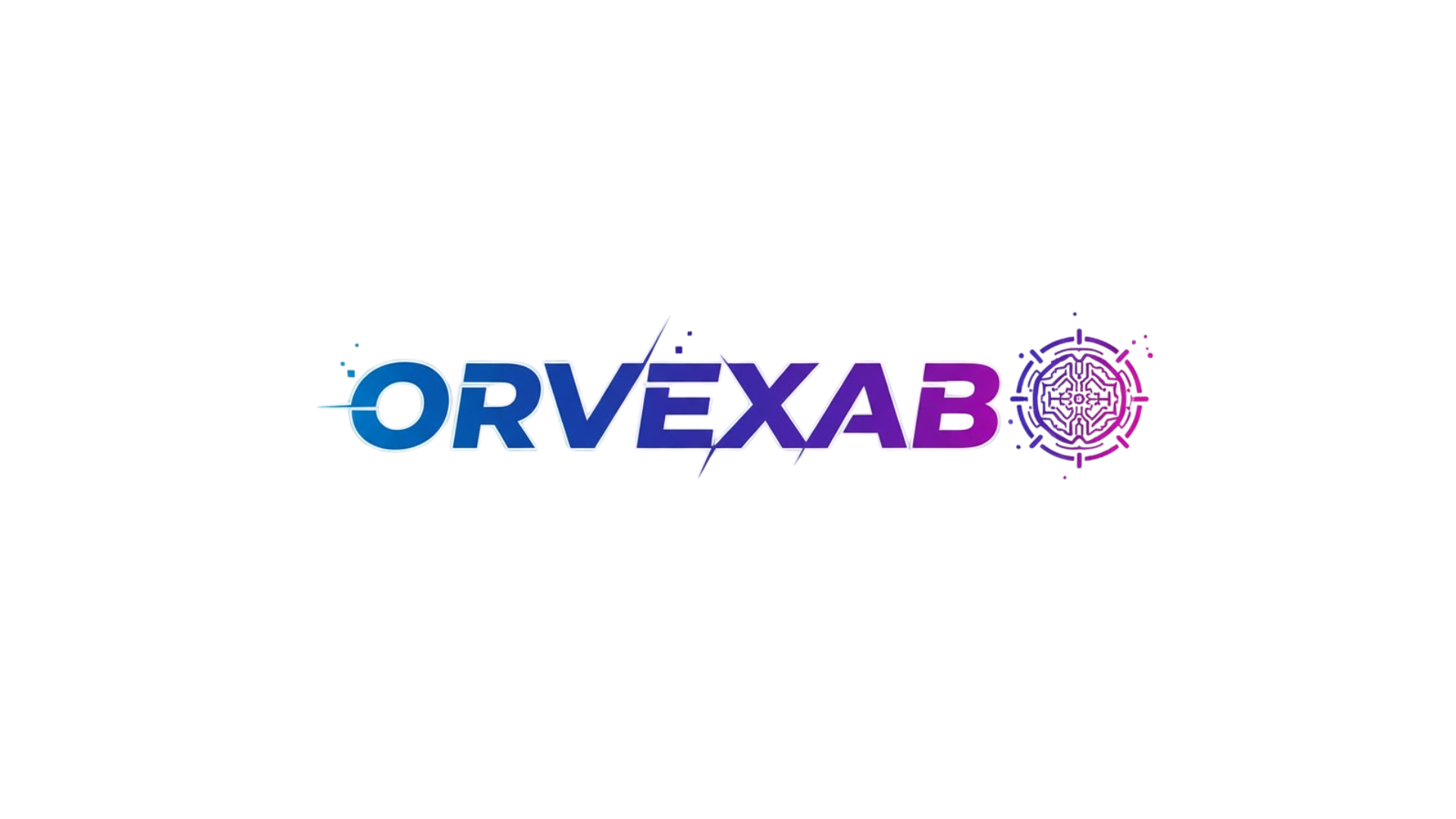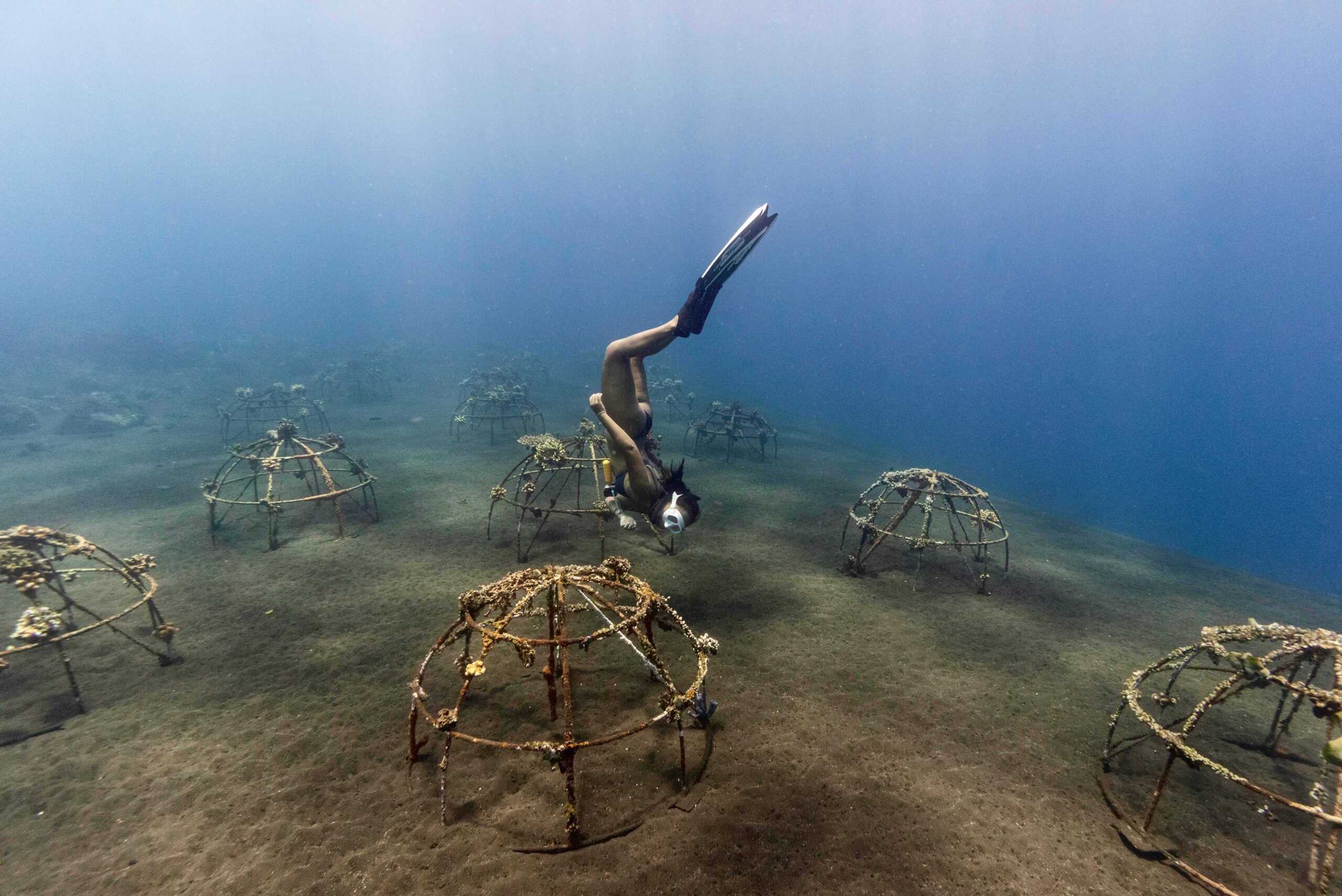As humanity gazes toward the stars, we face unprecedented moral questions about expanding civilization beyond Earth’s boundaries and the ethical implications that accompany such cosmic ambitions.
🌌 The Dawn of an Interstellar Ethical Framework
The prospect of cosmic colonization represents one of the most profound challenges humanity has ever contemplated. As private companies and governmental space agencies accelerate their efforts to establish permanent settlements on Mars, the Moon, and potentially beyond, we find ourselves at a critical juncture where technological capability is rapidly outpacing our ethical preparedness.
The conversation surrounding space colonization has traditionally focused on engineering challenges, biological adaptations, and economic feasibility. However, the moral dimensions of claiming, transforming, and inhabiting extraterrestrial worlds demand equally rigorous examination. These ethical frontiers stretch far beyond traditional philosophical frameworks, requiring us to reconsider fundamental concepts of ownership, environmental stewardship, and the rights of future generations.
Space exploration has always captured human imagination, but colonization introduces permanent consequences that exploration never did. When we plant flags and establish research stations temporarily, we maintain a reversible relationship with celestial bodies. Colonization, however, implies transformation, exploitation, and irreversible change to environments that have existed undisturbed for billions of years.
Planetary Protection and the Right to Pristine Worlds
One of the most pressing ethical considerations centers on planetary protection protocols and whether we possess the moral authority to fundamentally alter extraterrestrial environments. The concept of planetary protection originally emerged from concerns about contaminating other worlds with Earth-based microorganisms, potentially compromising scientific investigations or destroying nascent alien life.
Contemporary debates extend this concern into broader philosophical territory. Do celestial bodies possess intrinsic value independent of their utility to humanity? Should Mars retain its current state as a scientific archive of planetary evolution, or does humanity’s survival imperative justify terraforming entire worlds to suit our biological requirements?
Environmental ethicists have long argued that wilderness areas on Earth deserve protection not merely for human enjoyment but for their inherent worth. This preservation philosophy becomes exponentially more complex when applied to entire planets. Unlike terrestrial wilderness, which exists within a biosphere already dominated by human activity, pristine worlds like Mars represent something fundamentally different—environments completely untouched by biological processes for potentially their entire existence.
The Contamination Paradox
The mere act of sending human missions to other worlds creates an unavoidable contamination paradox. Despite rigorous sterilization protocols, completely preventing biological transfer remains impossible with current technology. Every spacecraft, every rover, and especially every human carries microorganisms capable of surviving in extreme conditions.
This reality forces us to confront uncomfortable questions about acceptable contamination thresholds. Is some level of biological pollution simply the unavoidable cost of exploration? Or should we delay human missions until technology allows for genuinely sterile colonization? The answers we choose will define humanity’s relationship with the cosmos for millennia.
🚀 Resource Extraction and Cosmic Economics
The economic dimensions of space colonization introduce another layer of ethical complexity. Asteroids contain mineral wealth worth quintillions of dollars, while the Moon’s helium-3 deposits could revolutionize energy production on Earth. Mars offers potential agricultural opportunities and water resources that could sustain permanent settlements.
However, the rush to claim these resources raises fundamental questions about ownership, distribution, and justice. Current international space law, primarily embodied in the Outer Space Treaty of 1967, declares that celestial bodies cannot be claimed by sovereign nations. Yet this framework was designed for an era of governmental space programs, not private commercial exploitation.
Who benefits from cosmic resources? If private companies invest billions in asteroid mining operations, do they possess exclusive rights to the extracted materials? Should cosmic resources be considered common heritage of humanity, with profits distributed globally? These questions become particularly acute when considering wealth inequality on Earth—will space colonization exacerbate existing disparities or provide opportunities for more equitable distribution?
The New Space Economy
Commercial space ventures operate under fundamentally different incentives than governmental space programs. While NASA’s missions primarily served scientific and geopolitical objectives, companies like SpaceX, Blue Origin, and emerging space mining corporations answer to shareholders and profit margins.
This shift introduces efficiency and innovation but also raises concerns about corners cut for competitive advantage. Will commercial pressure compromise safety standards? Might companies prioritize profitable extraction over scientific preservation? The regulatory frameworks governing these activities remain underdeveloped, creating a potential “wild west” scenario in orbit and beyond.
The Rights of Future Generations and Cosmic Irreversibility
Perhaps no ethical consideration carries more weight than our obligations to future generations. Decisions made today about space colonization will ripple through centuries, affecting humans not yet born and potentially creating irreversible consequences across the solar system.
Intergenerational ethics requires us to consider whether present generations possess the moral authority to make permanent decisions about cosmic environments. If we terraform Mars, we eliminate forever the opportunity for future scientists to study a pristine Martian ecosystem. If alien microbial life exists beneath the Martian surface, hasty colonization might destroy it before we even confirm its existence.
Conversely, some philosophers argue that failing to colonize space represents its own form of intergenerational injustice. If Earth faces catastrophic risks from climate change, asteroid impacts, or nuclear conflict, establishing off-world settlements provides insurance for humanity’s long-term survival. From this perspective, not colonizing space could be considered reckless abandonment of our descendants’ wellbeing.
Creating New Societies Beyond Earth
Space colonies will inevitably develop their own cultures, governance systems, and social structures. The ethical implications of founding new societies extend beyond simple logistics into profound questions about human rights, political systems, and social justice.
Who decides the governing principles for Mars colonies? Will off-world settlements replicate Earth’s political structures, or might they experiment with novel forms of governance? History teaches us that colonial enterprises often reproduce and even amplify the injustices of their founding societies. How can we avoid repeating these patterns when establishing cosmic civilizations?
🌍 Indigenous Perspectives and Decolonial Space Ethics
The terminology of space “colonization” itself carries troubling historical connotations. Indigenous scholars and activists have noted disturbing parallels between cosmic expansion rhetoric and the colonial enterprises that devastated Indigenous peoples across Earth’s continents.
Colonial projects historically justified themselves through narratives of manifest destiny, civilizing missions, and the supposedly inevitable march of progress. Contemporary space advocacy sometimes employs remarkably similar language, framing cosmic expansion as humanity’s destiny and treating other worlds as empty frontiers awaiting settlement.
This perspective ignores both the potential for extraterrestrial life and the problematic assumptions embedded in treating entire worlds as resources for exploitation. Decolonial approaches to space ethics emphasize humility, respect for unknown ecosystems, and recognition that expansion isn’t inherently virtuous or inevitable.
Learning From Historical Mistakes
Indigenous knowledge systems offer valuable insights for developing more ethical approaches to cosmic colonization. Many Indigenous cultures maintain philosophical frameworks emphasizing stewardship over ownership, long-term thinking over short-term gain, and respectful coexistence with environments rather than domination.
Incorporating these perspectives into space ethics doesn’t mean abandoning space exploration, but rather approaching it with greater humility and caution. It means recognizing that we don’t yet know what we might encounter beyond Earth and maintaining ethical flexibility to adjust our approaches as we learn more.
The Search for Extraterrestrial Life and First Contact Ethics
The possibility of encountering extraterrestrial life—whether microbial or intelligent—introduces perhaps the most profound ethical considerations of all. Our moral obligations shift dramatically if we discover that we’re not alone in the universe.
Even microbial life would represent an extraordinary discovery with significant ethical implications. Does Martian bacteria possess rights? How do we weigh the value of preserving alien microorganisms against humanity’s expansion needs? These questions lack clear answers, yet the decisions we make could affect life itself.
The prospect of encountering intelligent alien civilizations raises exponentially more complex issues. First contact protocols remain largely theoretical, developed more through science fiction than rigorous ethical analysis. How would we communicate across radically different evolutionary histories? What moral obligations would we have toward alien societies?
Active SETI and Cosmic Consent
Active SETI programs deliberately broadcast signals into space, attempting to attract attention from potential alien civilizations. This practice has generated controversy within the scientific community, with critics arguing that announcing our presence to unknown cosmic neighbors represents an existential risk we shouldn’t take without global consensus.
This debate encapsulates broader questions about cosmic consent and who possesses authority to make decisions affecting all humanity. Should individual organizations be permitted to send signals that might have species-wide consequences? These questions become even more pressing as space colonization capabilities advance.
🔬 Scientific Responsibility and the Pace of Expansion
The tension between scientific caution and expansionist ambition creates ongoing ethical friction. Scientists generally advocate for slower, more careful approaches that prioritize understanding before transformation. Meanwhile, commercial interests and space enthusiasts push for rapid colonization, arguing that hesitation represents missed opportunities.
This dynamic mirrors debates about technological development on Earth, where precautionary principles often clash with innovation imperatives. In space contexts, however, the stakes carry cosmic significance. Mistakes made in terrestrial environments might be reversible over decades or centuries. Errors in space colonization could have permanent, system-wide consequences.
Establishing clear ethical guidelines before large-scale colonization begins seems prudent, yet defining these principles proves extraordinarily difficult given competing values, cultural perspectives, and economic interests. International cooperation faces challenges from geopolitical tensions and nationalistic space programs.
Toward a Cosmic Ethical Framework
Developing comprehensive ethical guidelines for space colonization requires unprecedented levels of international cooperation and philosophical innovation. Several key principles emerge from contemporary discussions as potential foundations for this framework.
First, transparency must govern space activities. Secret colonization efforts or undisclosed resource extraction operations undermine collective decision-making about cosmic futures. International registries, mandatory impact assessments, and public oversight mechanisms could help ensure accountability.
Second, reversibility should guide early colonization efforts whenever possible. Before making permanent alterations to celestial bodies, we should exhaust temporary and reversible approaches. This principle acknowledges our incomplete understanding and maintains flexibility for future generations with greater knowledge.
Third, benefit-sharing mechanisms should ensure that cosmic resources serve broad human interests rather than concentrating wealth among early exploiters. Models might include international taxation on space resources, mandatory technology transfer requirements, or collectively-governed sovereign wealth funds.
The Role of Global Governance
Effective cosmic ethics requires robust international institutions capable of enforcing agreed-upon principles. Current space governance remains fragmented across national space agencies, private companies, and weak international bodies. Strengthening these institutions represents a political challenge as formidable as any technical obstacle to colonization.
Some proposals advocate for a World Space Organization modeled on the United Nations, with authority to regulate space activities, mediate disputes, and coordinate exploration efforts. Others suggest less centralized approaches emphasizing voluntary cooperation and market mechanisms. The governance structures we develop will profoundly shape humanity’s cosmic future.

🌟 Embracing Uncertainty on the Cosmic Frontier
Ultimately, navigating the ethical landscape of cosmic colonization requires embracing uncertainty and maintaining humility about our knowledge and moral authority. The universe likely contains surprises we cannot anticipate, challenges we haven’t imagined, and possibilities we cannot currently conceive.
Rather than seeking definitive answers to all ethical questions before proceeding, we might instead develop adaptive frameworks that evolve with our expanding understanding. This approach acknowledges that some moral questions only become answerable through experience while maintaining principled boundaries against clearly unethical actions.
The conversations we have today about space ethics will shape not just our immediate expansion into the solar system but potentially the trajectory of intelligent life across cosmic timescales. These discussions deserve broad public engagement extending beyond space agencies and aerospace companies to include philosophers, ethicists, Indigenous leaders, environmental advocates, and diverse voices from across global society.
Space colonization represents humanity’s transition from a single-planet species to a cosmic civilization. This transformation demands moral wisdom commensurate with our technological capabilities. By thoughtfully engaging with ethical frontiers now, we can work toward a cosmic future reflecting our highest values rather than our basest impulses—a future where humanity’s expansion across the stars represents not conquest but responsible stewardship, not exploitation but humble exploration, not domination but coexistence with the magnificent universe we inhabit.
Toni Santos is an exoplanet-researcher and space-ecology writer exploring how alien biosphere models, astrobiology frontiers and planetary habitability studies redefine life beyond Earth. Through his work on space sustainability, planetary systems and cosmic ecology, Toni examines how living systems might emerge, adapt and thrive in the wider universe. Passionate about discovery, systems-design and planetary life, Toni focuses on how ecology, biology and cosmology converge in the exoplanetary context. His work highlights the frontier of life’s possibility — guiding readers toward the vision of ecosystem beyond Earth, connection across worlds, and evolution of consciousness in cosmic habitat. Blending astrobiology, ecology and system theory, Toni writes about the future of living worlds — helping readers imagine how life, planet and purpose might converge beyond our Earth. His work is a tribute to: The exploration of life in exoplanetary systems and the unknown biospheres The vision of space habitability, sustainability and planetary design The inspiration of universal ecology, cosmic connection and evolutionary potential Whether you are a scientist, dreamer or world-builder, Toni Santos invites you to explore the exoplanetary frontier — one world, one biosphere, one insight at a time.




